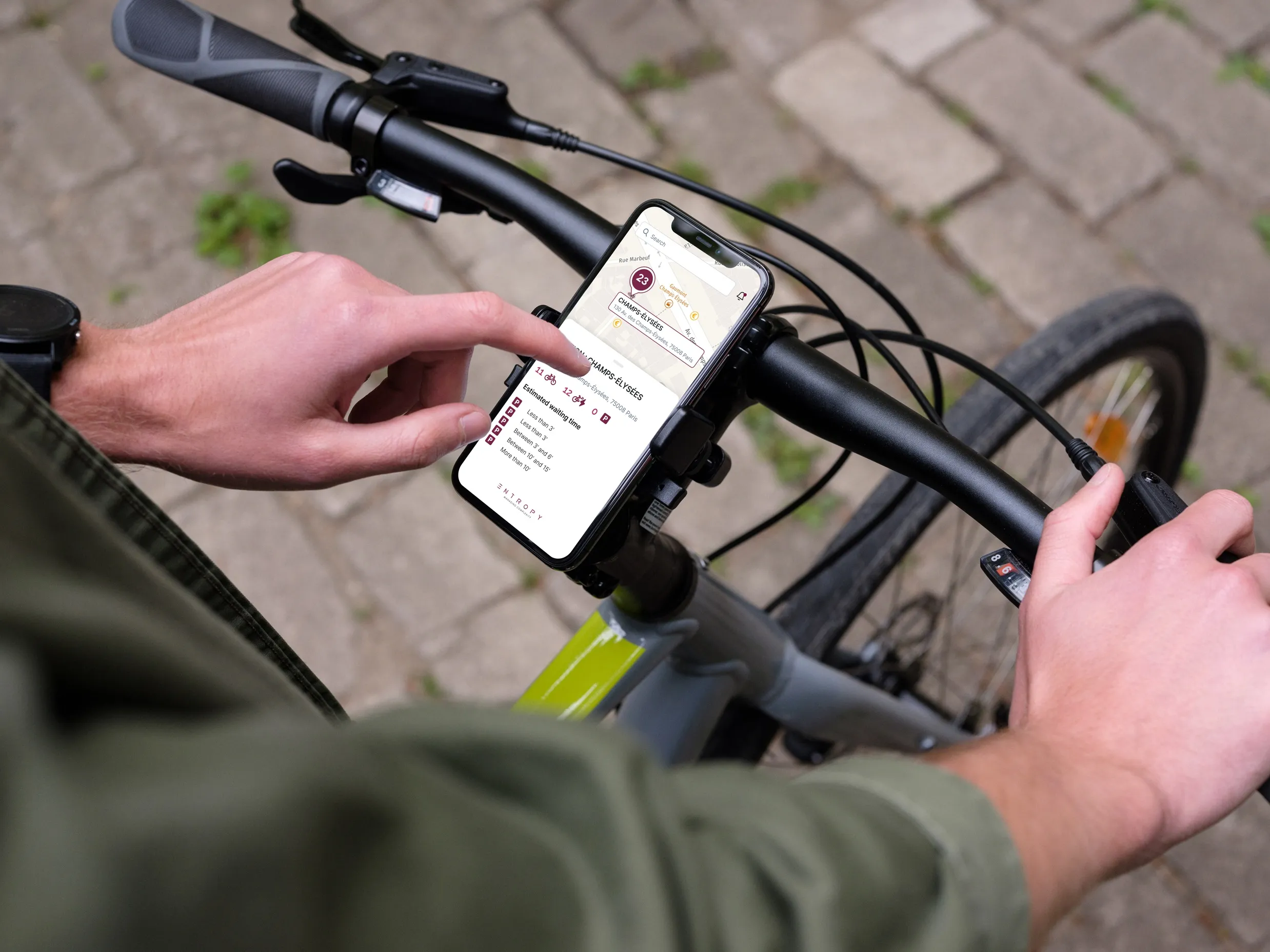Renault and Heudiasyc, a joint research unit formed by UTC (Université de Technologie de Compiègne) and research organisation CNRS, are creating a shared research laboratory known as SIVALab, to be based in France.
The research unit will deploy a four-year research programme to study and develop autonomous vehicle systems with a view to offering greater accuracy and reliability. In addition to sensors, data will be sourced and analysed from pre-defined navigation maps and dynamic connections from other u
March 10, 2017
Read time: 1 min
The research unit will deploy a four-year research programme to study and develop autonomous vehicle systems with a view to offering greater accuracy and reliability. In addition to sensors, data will be sourced and analysed from pre-defined navigation maps and dynamic connections from other users and the infrastructure. By combining the data from these multiple sources, researchers believe the vehicle will provide better performance than with sensors alone, regardless of the situation.
The research is founded on the long-term relationship between Renault and Heudiasyc and will use the Renault ZOE-based autonomous vehicle platforms developed by Heudiasyc.








